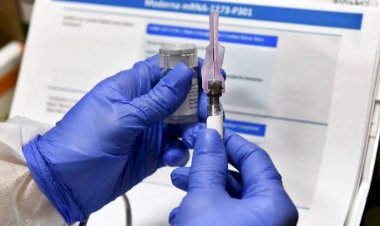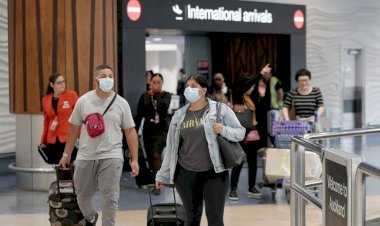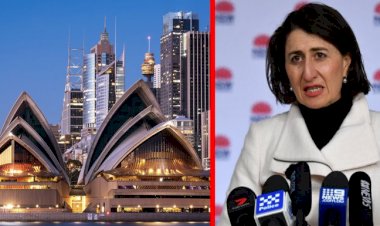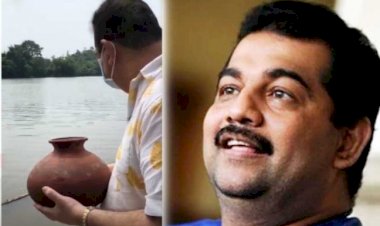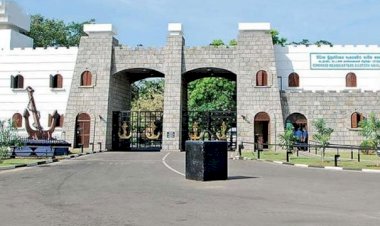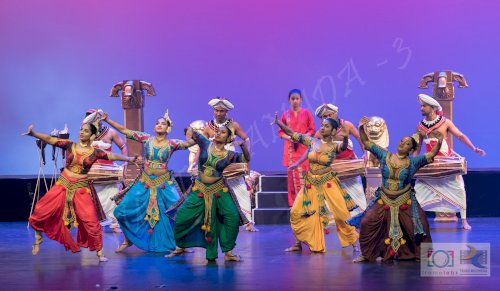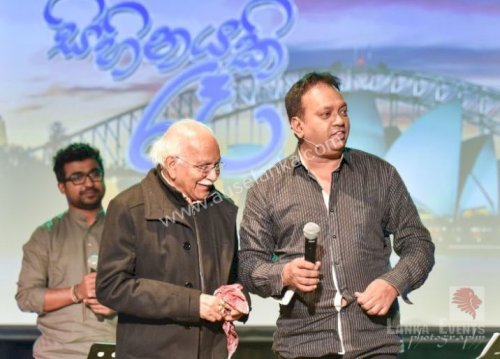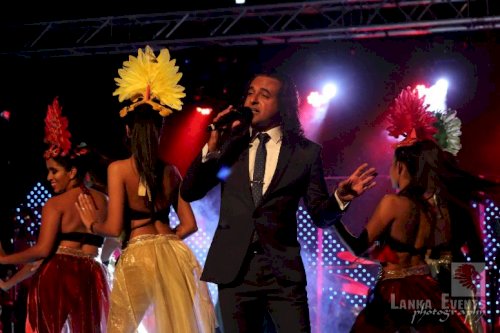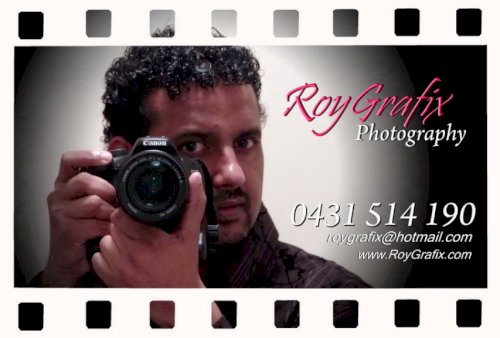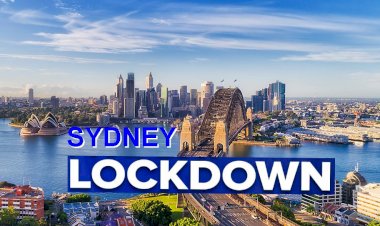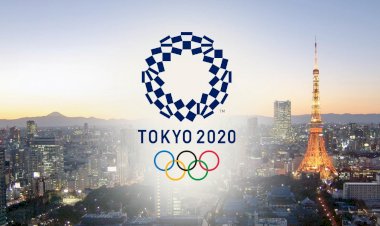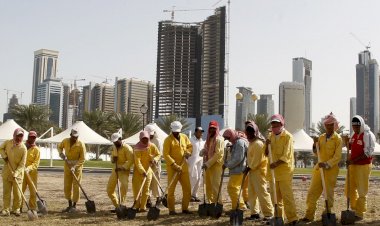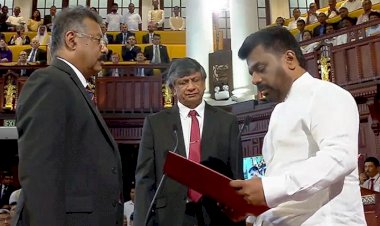Pompeo concludes Sri Lanka visit
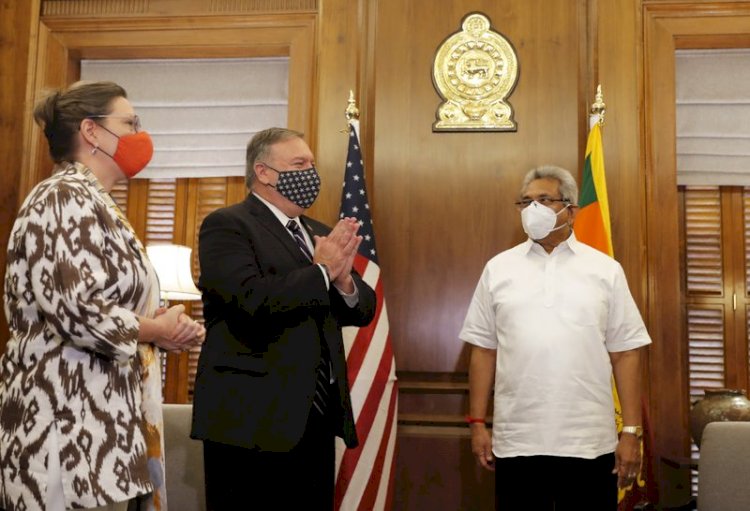
US Secretary of State concludes his Sri Lanka visit this afternoon, meeting with President and Foreign Minister.
Pompeo arrived in Sri Lanka late Tuesday from India, where he and Defense Secretary Mark Esper had stepped up the Trump administration’s anti-China message by playing on Indian suspicions about the Chinese to shore up a regional front against Beijing in the Indo-Pacific.
The US State Secretary met with Sri Lankan President Gotabaya Rajapaksa at the Presidential Secretariat this morning (28).
“Productive talk with Sri Lankan President about post-pandemic economic recovery and development and the importance of our partnership to bolster sustainable and transparent trade and investment that benefits the people of Sri Lanka”, Pompeo tweeted soon after meeting with President Gotabaya Rajapaksa.
President Gotabaya Rajapaksa stressed at the meeting with U.S. Secretary of State Mike Pompeo that he was not ready to compromise the independence, sovereignty and territorial integrity of the nation in maintaining foreign relations whatever the circumstances may be, a press release from his office said.
“We have already begun to remove bureaucratic red tapes that hinder foreign investment. Sri Lanka is a country that possesses necessary factors to achieve a high agricultural development. Our agriculture sector should be modernized. Scientific research should be conducted in order to reach this goal. We expect your assistance towards this end”, President Rajapaksa stressed.
He later met Foreign Minister Dinseh Gunawardene and held a joint press conference afterwards.
However, Pompeo did not meet Prime Minister Mahinda Rajapaksa during his visit.
Pompeo paid tribute to Easter Sunday attack victims at St Anthony’s church in Kochchikade on his way to airport.
Pompeo visited Sri Lanka and the Maldives to press the two countries to be on guard against potential predatory lending and investment by China. He was making the case less than a week before the American election in which President Donald Trump is seeking to paint his rival, former Vice President Joe Biden, as weak on China and beholden to it.
U.S. officials complain that development and infrastructure projects benefit China more than the presumed recipients — a refrain Pompeo repeated with Sri Lankan Foreign Minister Dinesh Gunawardena. Pompeo said the country could be “a beacon” for freedom and democracy in the region as long as it retained its “full sovereignty.”
Gunawardena appeared unwilling to get involved in the spat with China, and said Sri Lanka is willing to cooperate with all friendly countries.
“Sri Lanka is a neutral, non-aligned country committed to peace,” he said. “We hope to continue in our relations with the United States and with other parties.”
Even before Pompeo arrived, China had fired back at the U.S. message, accusing Washington of bullying smaller nations. Pompeo, who will also visit Indonesia, will press each country to push back against increasing Chinese assertiveness in the Indo-Pacific.
Earlier this month, Beijing announced it would provide Sri Lanka with a $90 million grant to help rural development, after President Gotabhaya Rajapaksa sought help from a visiting Chinese delegation in disproving a perception that China-funded megaprojects are “debt traps.”
China considers Sri Lanka and to a lesser extent the Maldives to be a critical link in its massive “Belt and Road” global infrastructure building initiative and has provided billions of dollars in loans for projects over the past decade. The projects include a seaport, airport, port city, highways and power stations in Sri Lanka and roads and bridges in the Maldives.
Critics like the U.S. say the Chinese-funded projects are not financially viable and that Sri Lanka and the Maldives will face difficulties in repaying the loans.
In 2017, Sri Lanka leased out a Chinese-built port located near busy shipping routes to a Chinese company for 99 years to recover from the heavy burden of repaying the Chinese loan the country received to build it.




 mode1
mode1 






